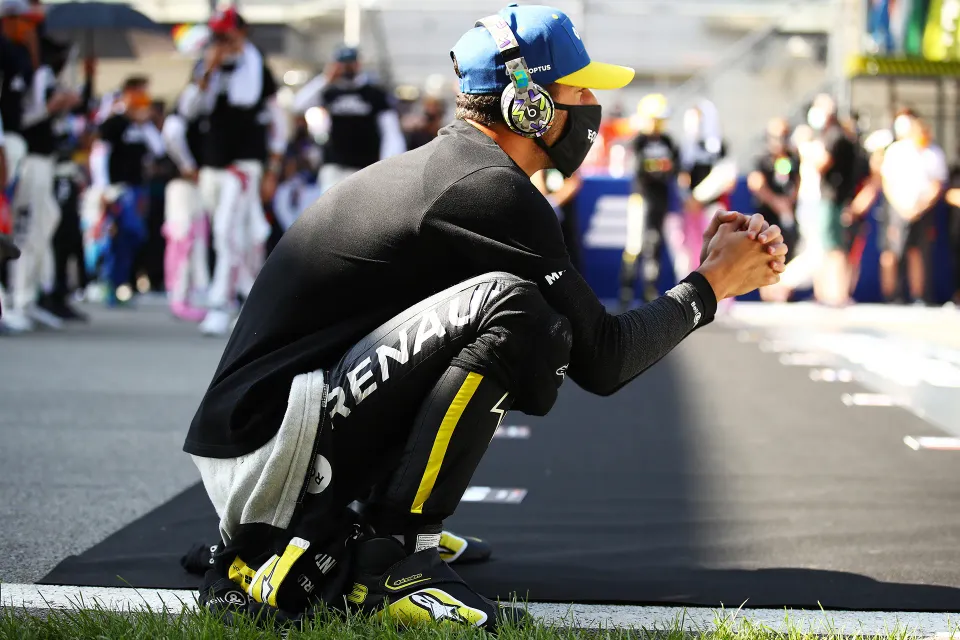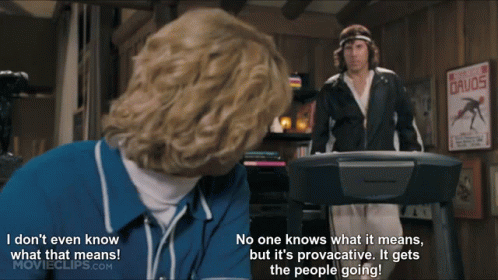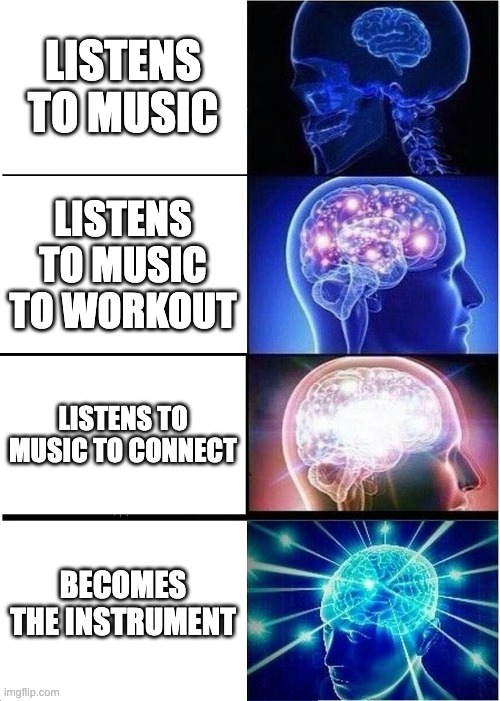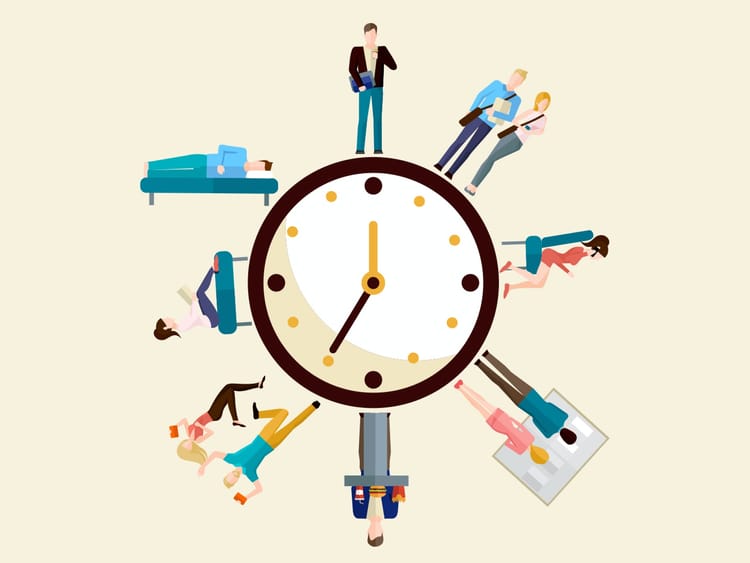How Music Can Enhance Performance

Music is more than just entertainment – it shapes who we are, influences our behavior, and can be a powerful tool for enhancing performance.
I had the chance to explore this fascinating topic in-depth with Dr. Jasmin Hutchinson on the most recent episode of The High-Performance Arsenal Podcast.
We discussed the psychology of how music helps us connect with others, shapes our behaviors, and can be a strategic tool to improve our workouts, and overall mindset.
Curious to learn more? Here's a breakdown of some of the key points we discussed:
Music: The Language of Connection ✨
Our identities are shaped by many things, and music plays a powerful role. Evolutionarily, music was a way for us to communicate – the simple melodies of a shared folk song, or the chanted rhythms of a tribal ritual, connected us to our culture and community. These songs became a part of our identity.
When words aren't enough, music becomes a way for us to connect with others, and feel like one. You don't know everyone at a concert, but when the music is playing and everyone is singing the same songs, you become a part of something larger than yourself.

Our favorite songs and artists reflect a slice of ourselves and they can be vehicles through which we share intimate parts of ourselves with friends and partners. Then, when we find another person who loves the same niche music as we do, we feel like we've made a soul connection. (oof, the 🧀 is off the charts)
Music Power over Emotions and Behaviors
Dr. Andrew Huberman, in his podcast, highlights a powerful link between music and how our brains function (11:40 mark in video). He explains that when we listen to music, the frequency of that music affects how our neurons fire. Our brainwaves start to match the rhythm, and in a way, we become the instrument. (HOW SICK IS THAT!)
"...the frequency of that music affects how our neurons fire...and in a way, we become the instrument"
Through simple tunes, music can create physical sensations and even actions. Music composers like Hanz Zimmer use this power of music to enhance the movies we watch.
Crafting melodies to create intense tension (watch the video below), to move us to tears, or to make us feel grandiose.
Music's ability to affect our emotions and behaviors makes it such an effective tool for enhancing performance.
When used intentionally, music can be the difference between just showing up and absolutely crushing it. It can take you from feeling sluggish and unmotivated to being pumped and ready to conquer anything.
How to Use Music Intentionally
Music works in many ways. It can help us perform, feel, impact our mood, or help us recover. To understand how we can use it intentionally, let's look at its benefits pre-, during, and post-something. Remember, "something" can mean anything – a game, a workout, a breakup, a study session, etc.
- Prior to Something: Music is a great way to set the mood. (wink wink)
- Don't feel like working out? Put on a song that reminds you of why you started in the first place
- Nervous about an interview? Choose a song that calms your nerves and helps focus your mind.
- Going into a game, use music to regulate your emotions and silence the noise.
- "Music is that one constant feature before every race to keep me focused, stay relaxed, keep energized, and stay loose... It’s weird how music can help me block out noise before the race." Daniel Ricciardo, Formula 1 Driver
- Want to create the mood with that special someone, music will help set the scene.
- During Something: Match the music to your goals.
- Need to keep a consistent running or biking pace? Songs around 120-140 beats per minute are ideal.
- Want to psych yourself up for a heavy lift? Bump to something that gets you AMPED. Choosing music for resistance training is about how the words make you feel, so get something that gets you going. (even if you don't know what it means)

- If you know your workout gets tougher later on, build your playlist strategically; cue those motivating anthems for when you need that extra boost.
- Here is my playlist for leg workouts, crafted specifically for how my workout flows.
- After Something: Music helps us process and recover.
- Crushed your workout?
- Celebrate with a victory song! Listen to something that amplifies your sense of accomplishment. You use music to positively reinforce the workout, which will help you keep returning.
- Going through a breakup?
- Listen to songs that help you feel your feelings. We can't often describe the sadness we feel after painful events. Pausing and listening to music that helps you process your emotions is incredibly helpful.
- Crushed your workout?
Music is an underappreciated weapon for upgrading your performance and enhancing different aspects of your life. I hope this gave you some ideas on how to harness its power! If you want to dive even deeper into the science and applications of music for performance, check out my full podcast episode with Dr. Hutchinson.

pausing
With school, and other forms of content, this blog will be going to a bi-weekly basis. I hope you understand. I appreciate you reading, and will see you in two weeks :)




